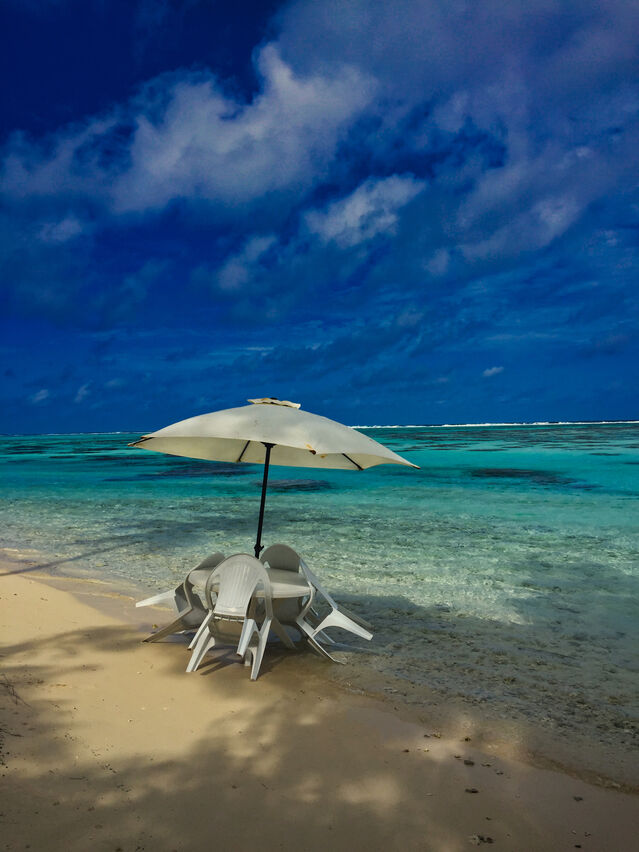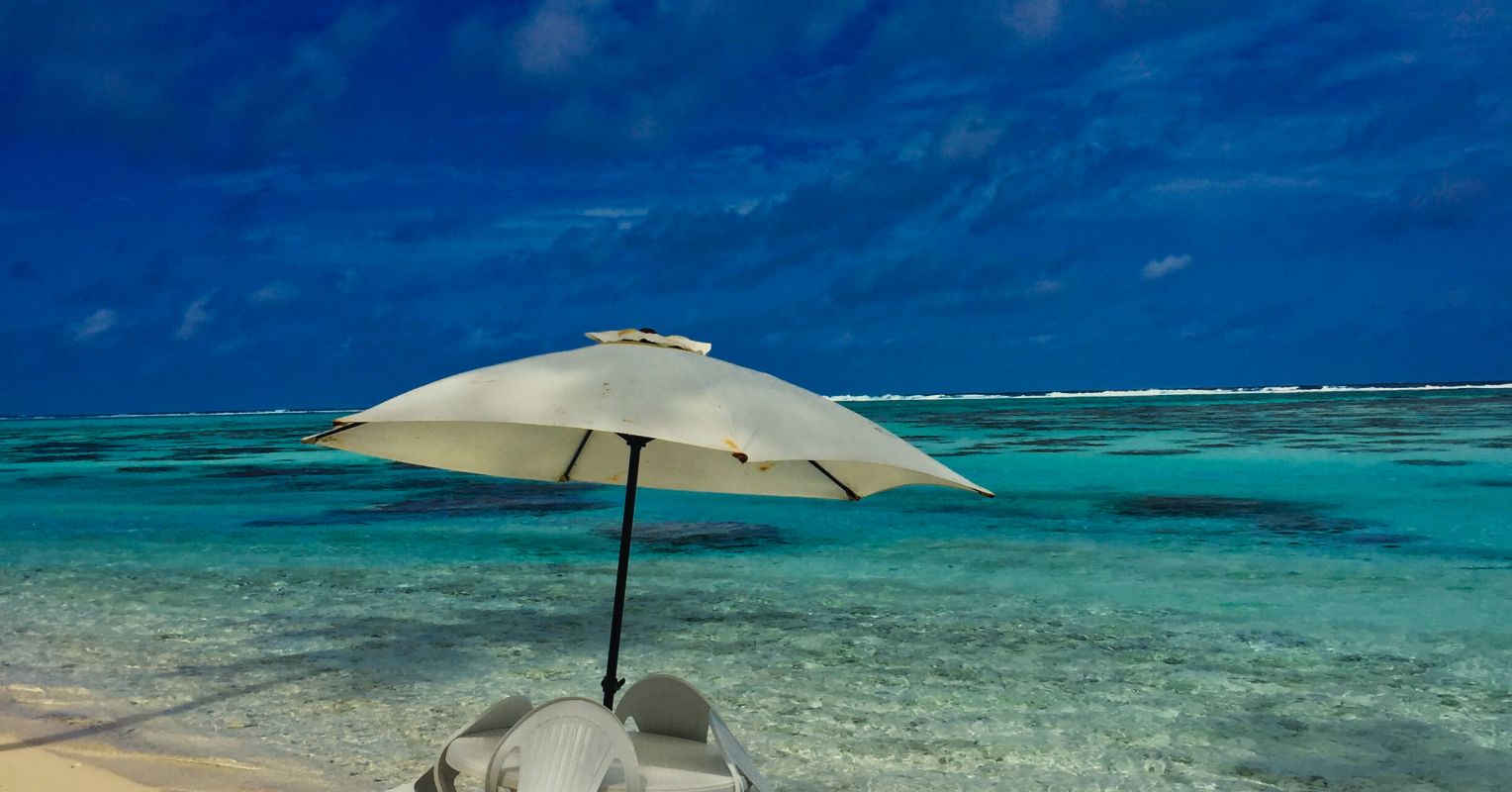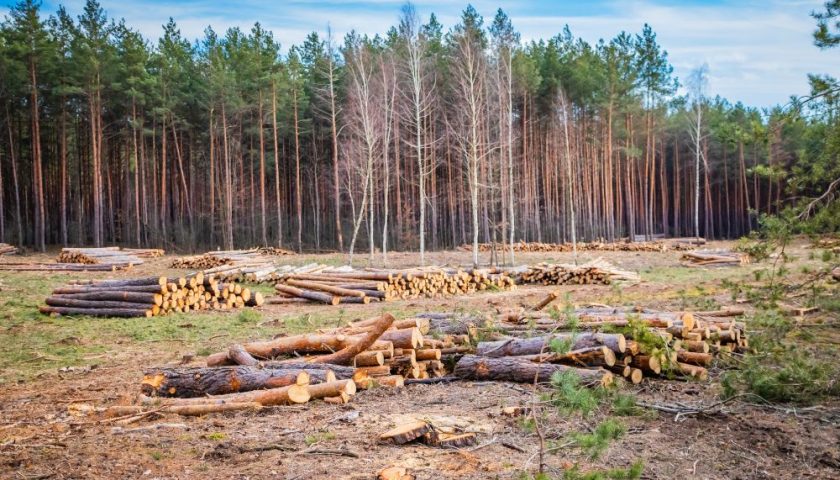
Source: Paul Ross, with permission
I’ve been a travel journalist for 22 years, crisscrossing the globe, reveling in new tastes, smells, experiences, and ways of looking at the world. And when I am on the road, I am always meeting, talking to, and learning from other travelers. They tell me about trends, changing habits, new discoveries, and what it’s like to be a digital nomad. They exult in the highs of travel, and confide in me about the lows. And the nadir is… stress.
Some of the sources of stress are out of our control — delayed or cancelled flights, missed connections, lost or waylaid luggage, obnoxious neighbors in a plane or in a hotel room next to you, arriving at an accommodation after 15 hours of travel and finding out they have no reservation for you, getting sick on the road. You can get trip interruption and cancellation insurance, double check every accommodation, carry your personal pharmacy, be pleasant when you complain, and just try to swim with the current. But no one would deny how difficult it can be.
Many people, myself included, experience a lot of tension before leaving on a trip. You have plenty to take care of before you leave home and work, you have to pack carefully to cover possible variations in weather and baggage restrictions, and you have to make sure your plans for the trip are in order. I have learned to consider this as part of the annoyance of traveling, and I accept that there will always be pressure before I leave.
Now we get to what we can control — and it took me 22 years to figure it out. People plan their trips like a work schedule. They make detailed itineraries, decide which day they will do what activities, research all the sites and restaurants, read reviews that others have visited, make reservations when possible, and exhaust themselves before they even leave. It’s fine, if this is the way you want to travel, but I have another option to suggest. Reserve accommodations, at least for the beginning of the trip, so you know you have a place to land. Then go somewhere, and allow the place to reveal itself to you, rather than you knowing exactly what you want to do when you arrive. Trust your intuition and curiosity. Allow for a lot of unplanned activity, because you will meet people, ask for suggestions, read local fliers, see if there is a festival going on, hear about a gorgeous beach that’s a local secret, make discoveries as you walk around, turn down roads that beckon if you are driving, rent a bike and pedal off with an open mind and heart, and have a different adventure from anyone else who goes to the locale. If you like taking photos, yours will not be the same as everyone else’s. You will allow yourself to relax into place, connect to people, and be thrilled and proud about what a good experiential traveler you are.
Of course, you want to make sure to see the tourist highlights; they are famous for a reason. Maybe, if you are lucky, you can go there during off hours, when you are most likely to have more breathing room with fewer visitors. And what if you miss a meal at a much-touted restaurant? So what? Ask locals and you’ll find a great place on your own.
FOMO (fear of missing out) is a real phenomenon. People are concerned they will not do whatever is hot, trendy, cool. But do you really want to be like everyone else? If you open your heart and mind to discovery, you’ll find things that others regret they didn’t experience themselves. It has happened to me hundreds of times.
If you are traveling with a group, it takes a lot of the hassle out of travel. Many things are taken care of and you don’t have to worry about them. But I think you may want to ask if there is free, unstructured time on the trip, so have a chance to make it your own.
Take a deep breath, slow down, and Bon voyage!





